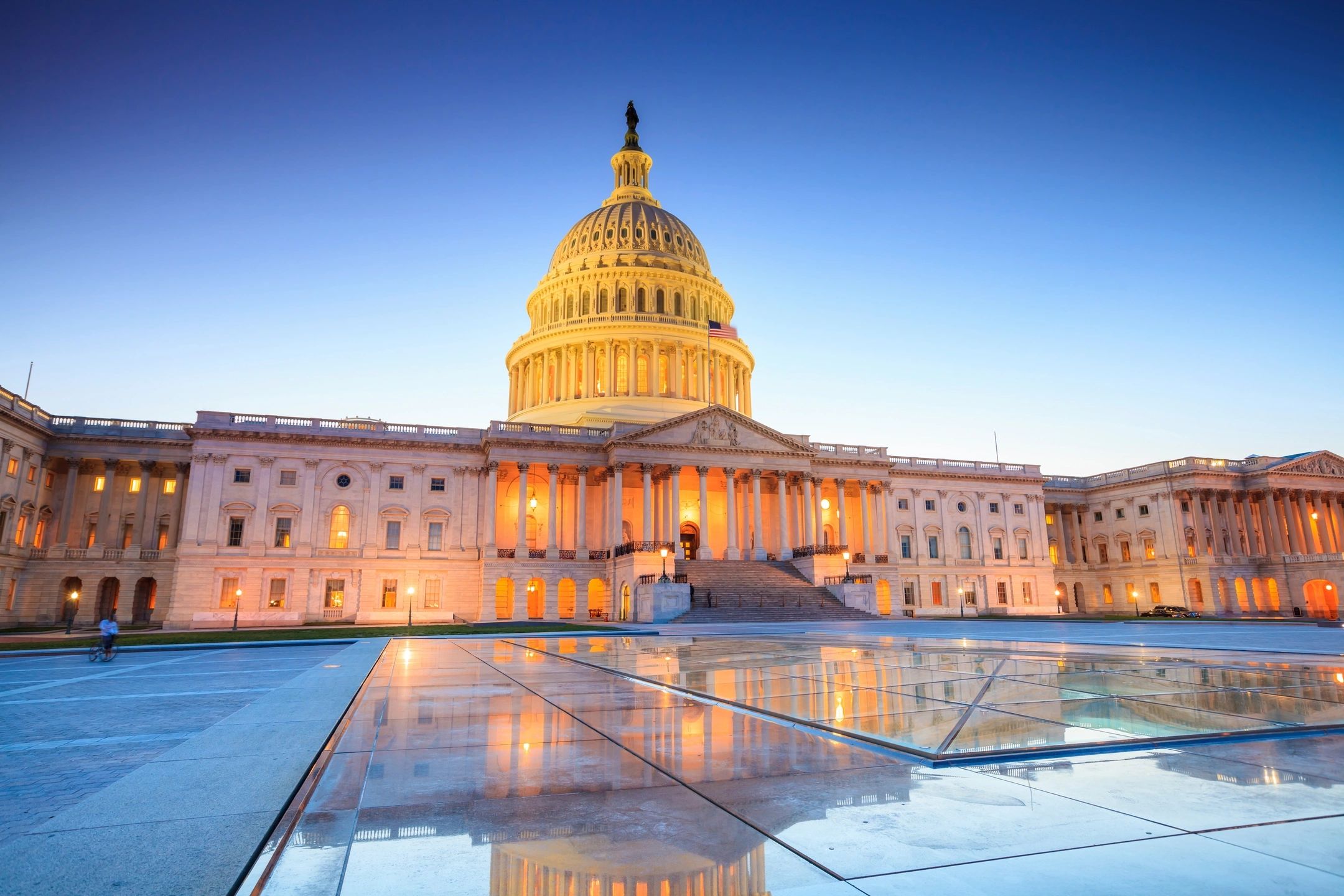Changes to FSAs in 2024
The IRS recently announced some good news for those contributing to flexible spending accounts. If you aren't already contributing to one, there is now an even better reason to start.
FSA Limits in 2024
The IRS has raised the contribution limit by $150 for these accounts. FSA participants can now contribute up to $3,200 through payroll deductions during the 2024 plan year. This is up from $3,050 in 2023.
In some instances, the employer may also contribute to the employee's account. Similarly, spouses of employees who have an FSA plan through their employer can also contribute $3,200 to the plan, for a total of $6,400 from the household. These contributions are not subject to federal income tax, Social Security tax or Medicare tax, so they have the positive effect of lowering your taxable income. The minimum annual amount for FSA participation remains unchanged at $100.
During the open enrollment period for FSAs, taxpayers should consider whether they are eligible to use tax-free dollars to help pay for medical expenses not covered by their health care plan. Employees should check to see if their FSA allows them to carry over any unused portion of their accounts. If that is the case, the maximum carryover amount for 2024 to 2025 is $640. For amounts not used in 2023, the allowed carryover amount maxes out at $610.
Throughout the year, employees can draw funds from their FSA to pay for qualified medical expenses not covered by their health care insurance plan, which include co-pays, deductibles and a variety of medical products. Services ranging from dental and vision care to eyeglasses and hearing aids can also be eligible for reimbursement through the FSA. However, employees should check with their employer for a more detailed list of eligible expenses and claim procedures.
If an employer does offer an FSA, potential participants should review their anticipated health care expenses over the course of the year. This should help them decide if contributing would make good financial sense for them. Here are some of the expenses to consider when planning:
- Updating the medicine cabinet with necessary supplies.
- Big-ticket expenses.
- Seasonal needs such as allergy products, sunscreen or warm steam vaporizers.
- Routine checkups or visits with specialists that regular insurance plans do not cover.
- Many over-the-counter items that are eligible under an FSA.
- Eye exams or dental visits; out-of-pocket costs for dental and vision care are also covered by an FSA.
Please note that employers are not required to offer an FSA to their employees, so it is important to check with your company's Human Resources Department for further information. Additionally, self-employed taxpayers are not eligible to open an FSA, as these are only available through an employer.


.png)




Reply a Comment